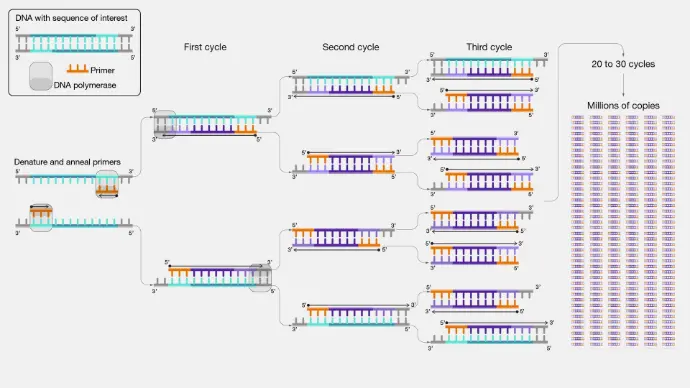Who Invented PCR?
The Birth of PCR
PCR was invented in 1983 by the American biochemist Kary B. Mullis while working at the biotechnology company Cetus Corporation in California. Mullis developed the idea of using repeated cycles of heating and cooling to replicate DNA in vitro, a process he described as a way of “copying DNA as nature does, but in a test tube.”
Recognition and Impact
For his revolutionary invention, Kary Mullis was awarded the 1993 Nobel Prize in Chemistry alongside Michael Smith. PCR became an essential tool in laboratories worldwide, enabling researchers to:
Diagnose genetic and infectious diseases
Solve forensic cases through DNA fingerprinting
Advance genetic engineering and cloning
Drive progress in evolutionary biology and anthropology
The Legacy of Kary Mullis
Mullis’ work has had a lasting impact far beyond its original scope. From detecting viruses, to advancing personalized medicine and genomics, PCR remains at the heart of modern biological research and diagnostics.
